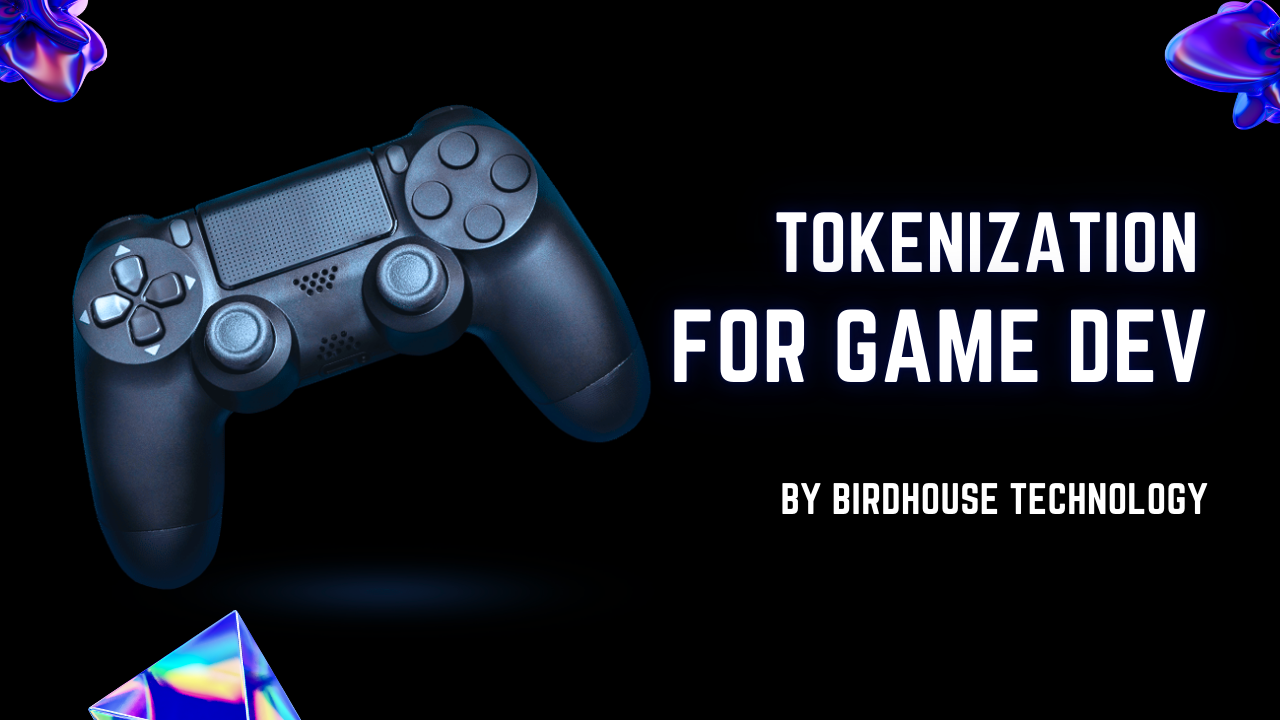As the gaming industry evolves, developers constantly seek innovative ways to enhance player engagement and unlock new revenue streams. One such groundbreaking approach is the tokenization of in-game assets and currency. By leveraging in-game assets tokenization, game developers can offer players unique digital assets with real-world value, providing a richer and more immersive gaming experience.
What is In-Game Asset Tokenization?
In-game asset tokenization involves converting digital items, such as characters, weapons, or virtual real estate, into blockchain-based tokens. These tokens can be bought, sold, and traded both within the game and on external marketplaces, giving players true ownership of their digital possessions. Additionally, tokenizing in-game currency allows for seamless transactions and enhances the overall economic ecosystem of the game.
Benefits of In-Game Assets Tokenization for Players and Developers
For players, tokenization introduces a new layer of excitement and engagement. Owning unique, tradable assets adds value to their gaming experience, allowing them to potentially earn real-world money through in-game achievements. This sense of ownership fosters deeper investment in the game and encourages players to spend more time and resources in the virtual world.
For developers, tokenization opens up new revenue streams by creating a vibrant marketplace for digital assets. Each transaction involving tokenized items or currency generates a fee, providing a steady source of income. Furthermore, the transparency and security of blockchain technology help build trust with players, enhancing the game’s reputation and long-term viability.
Success Stories from the Blockchain Gaming Industry
Several developers have already embraced tokenization, achieving remarkable success. For example, the game “Axie Infinity” allows players to breed, battle, and trade virtual creatures called Axies. Each Axie is a unique token on the Ethereum blockchain, and some have been sold for thousands of dollars. This innovative approach has not only boosted player engagement but also created a thriving economy within the game.
Another success story is “Decentraland,” a virtual world where players can buy, develop, and trade virtual land parcels using blockchain-based tokens. The platform has attracted significant investments, with some land parcels selling for over $100,000. By offering true ownership and the ability to monetize virtual assets, Decentraland has revolutionized the concept of virtual real estate.
Real-World Applications of In-Game Assets Tokenization
- Axie Infinity: This game allows players to breed, battle, and trade virtual creatures called Axies. Each Axie is a unique token on the Ethereum blockchain, and some have been sold for thousands of dollars. This innovative approach has not only boosted player engagement but also created a thriving economy within the game.
- Decentraland: This virtual world enables players to buy, develop, and trade virtual land parcels using blockchain-based tokens. The platform has attracted significant investments, with some land parcels selling for over $100,000. By offering true ownership and the ability to monetize virtual assets, Decentraland has revolutionized the concept of virtual real estate.
- CryptoKitties: This game allows players to collect, breed, and trade unique virtual cats. Each CryptoKitty is a unique token on the Ethereum blockchain, and some have been sold for thousands of dollars. The game has attracted a large player base and generated significant revenue through the sale of rare and valuable cats.
- The Sandbox: This virtual world enables players to create, own, and monetize their own virtual experiences. By tokenizing in-game assets and currency, The Sandbox has created a vibrant marketplace for digital assets, attracting both players and investors.
- Gods Unchained: An online trading card game where players truly own their cards as digital assets. Players can buy, sell, and trade these cards on secondary markets. Some rare cards have fetched significant sums, showcasing the potential for real-world value in virtual game assets.
- Enjin Coin: A blockchain-based gaming platform that allows developers to create and manage virtual goods. Players can buy, sell, and trade these assets across multiple games, enhancing interoperability and player engagement.
Conclusion
In-game asset tokenization represents a transformative opportunity for the gaming industry. By unlocking new revenue streams and enhancing player engagement, it paves the way for a more immersive and economically viable gaming future. Developers looking to stay ahead of the curve should consider integrating tokenization into their projects, creating value for both players and themselves.
For more insights and to explore how Birdhouse Technology’s tokenization services can transform your gaming project, visit our website at Birdhouse Technology.
